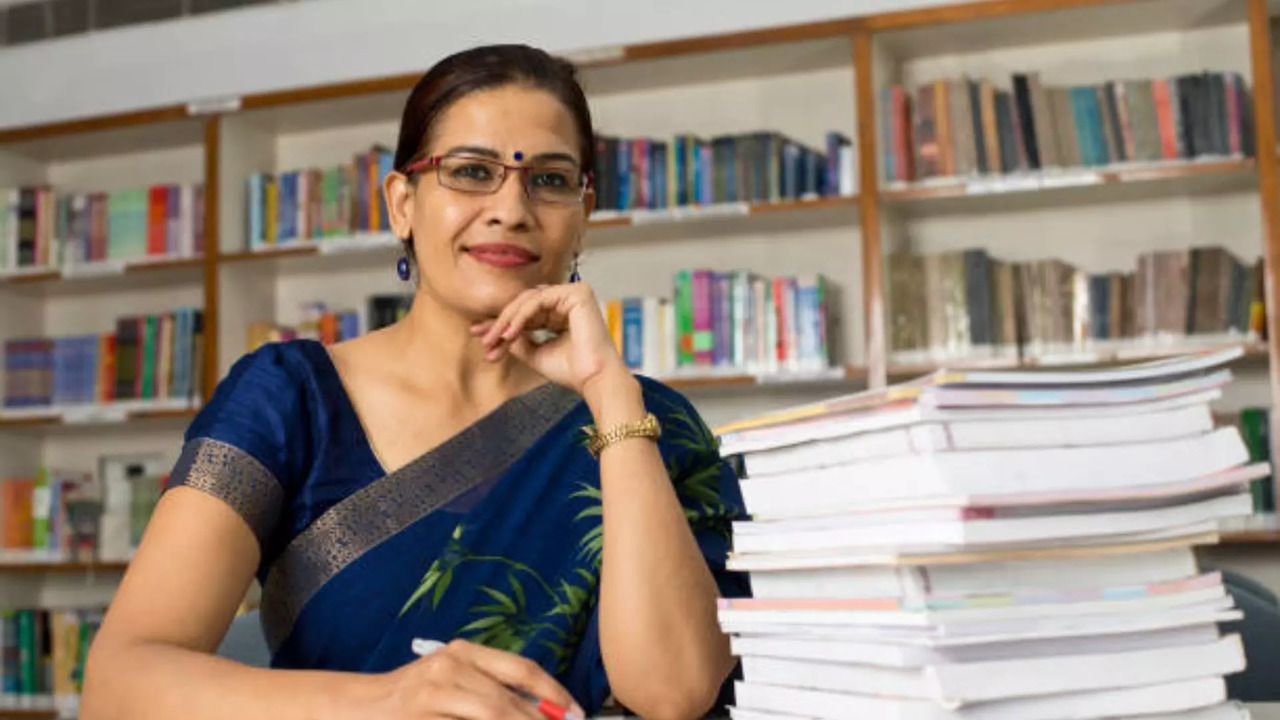Delhi High Court appoints nodal officers for EWS admissions in private schools (representative image)
Photo: iStock
He Delhi High Court On Thursday, it ordered that every recognised private unaided school in the national capital must appoint a dedicated nodal officer to oversee the process of admission of students under the Early Warning System (EWS) or disadvantaged group (GD) category.
Recognising the language barriers faced by many parents of students from the economically weaker section (EWS) category, the court said it is important that circulars, notices and instructions relating to admissions in the EWS or DG category be provided in both English and Hindi.
To ensure respectful and accessible admissions of EWS category of students, the Supreme Court passed a number of directions including that all recognised private unaided schools of Delhi must prepare a clear admission schedule after the allocation of students by the Directorate of Education (DoE) in accordance with the computerized draw.
To expedite the admission process of EWS/DG category students, schools will be required to create a schedule specifying the date and time on which each student is required to report for admission, distributing the total number of students evenly over the designated period, within the aforementioned seven-day period, it said.
The court pronounced judgment on a batch of petitions filed by 10 petitioners who faced difficulties due to technical issues while seeking admission in the EWS/DG category, a right to which they are entitled under the RTE Act. The court ordered that the petitioner students be entitled to continue studying in the respective schools, in the EWS/DG category, with full RTE rights. The apex court observed that there are no dreams of the poor or the rich, nor talents of the poor or the rich.
Similarly, there is no expectation from the community and the government to be poor or rich. This court is of the view that the dreams of those who are economically weaker and labelled as poor by society should not be presumed to be lesser in their ability or aptitude. Similarly, those who are not economically poor are not different in their aspirations. All children, irrespective of their economic status, can share the same dreams that they wish to pursue, it stated.
The court further said that the measures will go a long way in streamlining the admission process for disadvantaged families, many of whom may have limited educational backgrounds or face language barriers. The successful implementation of these directions is essential to uphold the rights of EWS/DG category students and to ensure that their access to education is not hampered by avoidable procedural challenges, it said.
Disclaimer:
The information contained in this post is for general information purposes only. We make no representations or warranties of any kind, express or implied, about the completeness, accuracy, reliability, suitability or availability with respect to the website or the information, products, services, or related graphics contained on the post for any purpose.
We respect the intellectual property rights of content creators. If you are the owner of any material featured on our website and have concerns about its use, please contact us. We are committed to addressing any copyright issues promptly and will remove any material within 2 days of receiving a request from the rightful owner.

